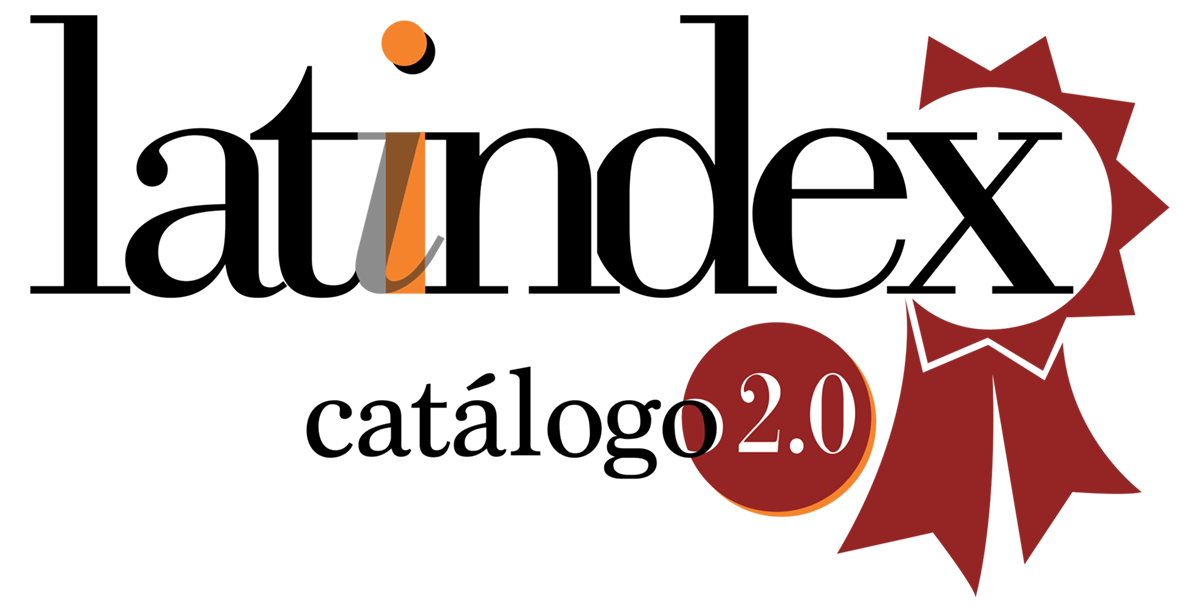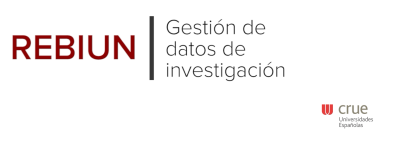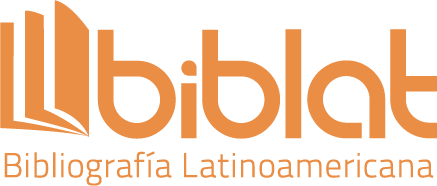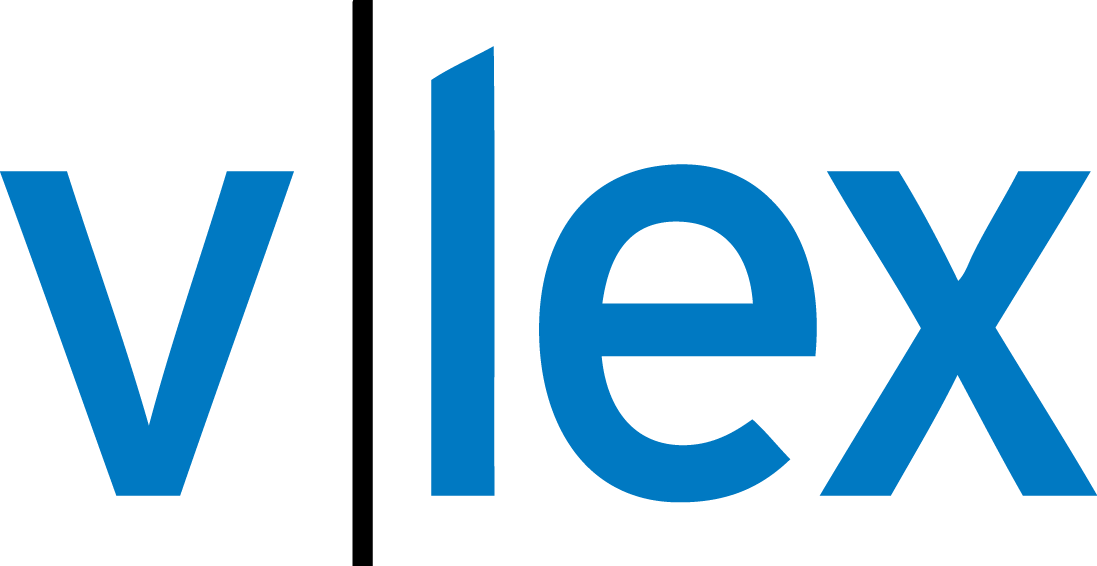Assessment of the usefulness for learning of the flipped classroom model
DOI:
https://doi.org/10.62407/rces.v2i2.48Keywords:
Autonomous learning, active education, flipped classroom, didactics, information and communication technologiesAbstract
The need to adapt to the new conditions required by online education led us to implement the flipped classroom methodology using new didactic resources. The research aims to evaluate the usefulness of didactic resources for student learning in the non-face-to-face course of Business Economic Seminars at the American University (UAM) in the August-December 2021 semester. The study was developed using a quantitative approach with a descriptive scope and an experimental design with a sample of 28 students. The instrument used was a five-point Likert scale with 10 items. The statistic was determined to fall within the region, making the null hypothesis true. Therefore, it is affirmed that the content, applications, and learning activities used in the Business Economic Seminars course are useful for student learning, and this is generalizable to the universe.
Downloads
References
Alarcón, D., & Alarcón, O. (2021). El Aula Invertida como estrategia de aprendizaje. Revista Conrado, 17. http://scielo.sld.cu/scielo.php?script=sci_arttext&pid=S1990-86442021000300152#:~:text=
Alvarado, M. (2017). El aula invertida como herramienta educativa para mejorar el nivel de logro en el examen. Planea en la materia de matemáticas de los alumnos de 3° de secundaria. [Tesis inédita. Repositorio Tecnolígico de Monterrey] https://repositorio.tec.mx/handle/11285/632922
Apaza, D. [David Apanza]. (29 de julio 2021) Dr. Roberto Hernández Sampieri Charla enfoques cuantitativo, cualitativo, mixto.[Video] https://youtu.be/CfjSC_pp8o0
Asens, M. (2015). El modelo de aprendizaje invertido como herramienta innovadora en la asignatura de Empresa e Iniciativa Emprendedora de Formación Profesional [Universidad Internacional de la Rioja] https://reunir.unir.net/handle/123456789/2971?show=full
Alomá Bello, M., Crespo Díaz, L., González Hernández, K., & Estévez Pérez, N. (2022) Fundamentos cognitivos y pedagógicos del aprendizaje activo. Mendive. Revista de Educación, 20(4), 1353-1368. [Epub 02 de diciembre de 2022] http://scielo.sld.cu/scielo.php?script=sci_arttext&pid=S1815-76962022000401353&lng=es&tlng=es.
Fernández-Hawrylak, M., Sánchez Ibáñez, A., & Heras Sevilla, D. (2020). Las actividades de enseñanza-aprendizaje en el Espacio Europeo de Educación Superior: Las actividades prácticas con herramientas web 2.0. Academia y Virtualidad, 13(1), 61–79. https://doi.org/10.18359/ravi.4260
García, R., González, J., & Jornet, M. (2010). SPSS: Análisis de Fiabilidad. Grupo de Innovación Educativa, 1–6. http://www.uv.es/innomide/spss/SPSS/SPSS_0801B.pdf
Hernández-Sampieri, R., & Mendoza Torres, C. P. (2018). Metodologia de la investigación. Las rutas cuantitativa , cualitatitva y mixta. (Ed., primera) Mc Graw Hill.
José Aurelio Diaz Quiñones, & María Lina Valdés Gómez. (2017). Fundamentos teóricos metodológicos para el diseño de ambientes de aprendizaje en la Educación Médica Superior Cubana. Medisur, Vol. 15, 870–877. http://scielo.sld.cu/pdf/ms/v15n6/ms16615.pdf
Mason, G. S., Shuman, T. R., & Cook, K. E. (2013). Comparing the effectiveness of an inverted classroom to a traditional classroom in an upper-division engineering course. IEEE Transactions on Education, 56(4), 430–435. https://doi.org/10.1109/TE.2013.2249066
Morales, P. (2012). Elaboracion de material didáctico (Red Tercer Milenio (ed.); Primera ed).
Payer, M. (2016). Teoría del constructivismo social de Lev Vygotsky. Revista de Venezuela, 1–4. https://scholar.googleusercontent.com/scholar?q=cache:SB_OVgrF8OEJ:scholar.google.com/+constructivismo+social&hl=en&as_sdt=0,5
Pedrosa, I., Suárez-Álvarez, J., & García-Cueto, E. (2014). Evidencias sobre la validez de contendio: Avances teoricos y metodologicos para su estimación. Acción Psicológica, 10(2), 3–20. https://scielo.isciii.es/pdf/acp/v10n2/02monografico2.pdf
Salas Rueda, R., Eslava Cervantes, A., Rocha Díaz, I., & Martínez Ramírez, S. (2022). Uso del Aula invertida y las herramientas tecnológicas en la asignatura Gestión de Proyectos durante la pandemia COVID-19. Revista Gestión de las Personas y Tecnología, 15(43), 24. https://doi.org/10.35588/gpt.v15i43.5477
Universidad Americana, UAM (2021). Proyecto UAM. Página Web UAM. https://uam.edu.ni/nosotros/#proyecto
Unión de Universidades de América Latina y el Caribe UDUAL. (2020). En ALC, las Instituciones de Educación Superior están a la altura del reto de la pandemia: rectores. https://www.udual.org/principal/2020/08/25/en-al-las-instituciones-de-educacion-superior-a-la-altura-del-reto-de-la-pandemia-rectores/
Vargas Murillo, G. (2017). Recursos educativos didácticos en el proceso enseñanza aprendizaje. Revista Cuadernos, 58(1), 68–74.
Yang, C. C. R., & Chen, Y. (2020). Implementing the flipped classroom approach in primary English classrooms in China. Education and Information Technologies, 25, 1217–1235. https://doi.org/DOI: 10.1007/s10639-019-10012-6
Downloads
Published
How to Cite
Issue
Section
License
Copyright (c) 2023 Revista Científica de Estudios Sociales

This work is licensed under a Creative Commons Attribution-NonCommercial-ShareAlike 4.0 International License.



















